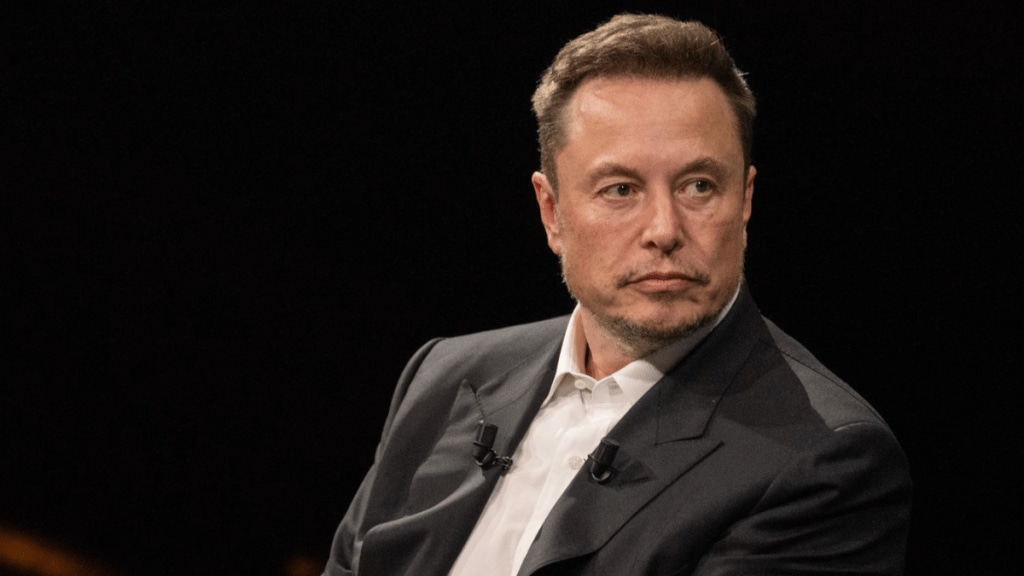Elon Musk has raised concerns about the success of DeepSeek, a Chinese AI company that has recently made waves with its advancements in artificial intelligence. Musk took to X (formerly Twitter) to voice his skepticism, dismissing the company’s rapid rise and questioning the authenticity of its claims. He even mocked DeepSeek in one of his social media posts, fueling further speculation about the company’s true capabilities.
DeepSeek’s AI chatbot has garnered significant praise, with many comparing its performance to leading models like OpenAI’s ChatGPT. The company’s AI achievements have been recognized widely, and Salesforce CEO Marc Benioff recently celebrated DeepSeek’s success, claiming it had surpassed ChatGPT on the App Store. Benioff also suggested that the real value of AI lies in data and metadata, with the future of AI driven by access to these resources. This statement sparked a conversation about DeepSeek’s seemingly minimal investment and its ability to outperform Western companies without the same financial backing.
Musk, however, was quick to express doubt. In response to a question about the cost-effectiveness of DeepSeek’s success, Musk replied with a dismissive “Lmao, no.” He also mocked the company’s Chinese origins, joining a conversation where a user jokingly claimed that DeepSeek’s AI model, R1, was “leaked from a lab in China.” Musk responded with a laughing emoji, alluding to past controversies about China’s role in global technology advancements.
Further adding to the skepticism, Musk and Scale AI CEO Alexandr Wang speculated that DeepSeek might be hiding the full extent of its hardware resources. While DeepSeek claims to use approximately 10,000 Nvidia A100 GPUs, Musk and Wang suggested the company could have access to significantly more—possibly as many as 50,000 Nvidia H100s—due to US export restrictions that limit Chinese companies’ access to advanced technology.
Musk’s comments have ignited debate within the AI community, as industry observers closely watch DeepSeek’s progress. The company has achieved remarkable results with relatively low investment compared to its Western counterparts, raising questions about the sources and transparency behind its rapid success.

